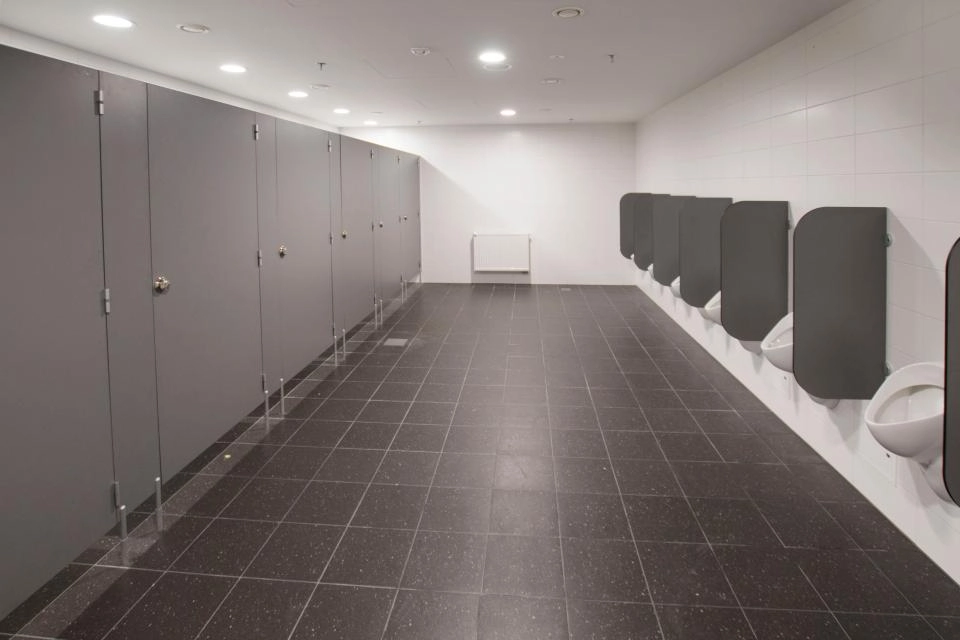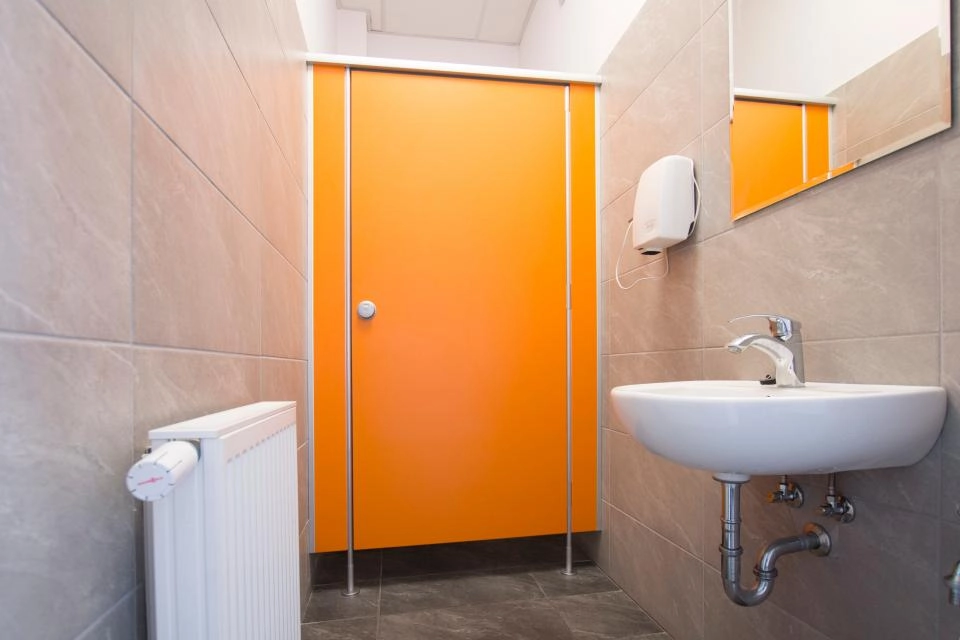The sanitary industry is a crucial sector that caters to public health and hygiene, covering everything from restroom solutions to waste management systems. With growing awareness around sustainability and hygiene, this industry has seen significant innovation, particularly in countries like the Netherlands. Alsanit Netherlands, for instance, has been at the forefront of modernizing sanitary systems with durable and environmentally friendly solutions.
If you’re looking to invest in the sanitary industry, this article will break down its pros and cons to help you decide if it aligns with your goals.

The Pros of Investing in the Sanitary Industry
The sanitary industry offers a variety of benefits for investors:
Growing Market Demand
The demand for sanitary products has been steadily increasing, driven by a heightened awareness of hygiene and health, especially in the wake of global health crises. This growth trend indicates a stable and expanding market, offering significant potential for returns on investment.
Products like hand sanitizers, disinfectants, and hygiene solutions, such as sanitary walls for toilets and urinals, are seeing unprecedented demand, making this a promising sector for investors.

Innovation and Technological Advancements
The sanitary industry is continuously evolving, with innovations and technological advancements leading to improved product efficiency and effectiveness.
Many companies are at the forefront of this, developing cutting-edge solutions that meet the highest standards of hygiene. Investing in such innovative companies can provide a competitive edge and access to the latest market trends and technologies.
Essential Products
Sanitary products are essential across various industries, including healthcare, hospitality, and education. This diversity ensures a broad customer base and reduces dependency on a single market segment. The consistent demand for hygiene solutions in these sectors makes the sanitary industry a resilient and reliable investment choice.
The Cons of Investing in the Sanitary Industry
Despite its advantages, the sanitary industry has its fair share of challenges:
Regulatory Challenges
The sanitary industry is heavily regulated, with stringent compliance requirements to ensure product safety and effectiveness. Navigating these regulations can be complex and time-consuming, potentially leading to increased operational costs.
Investors need to be prepared for ongoing compliance efforts and stay updated with the latest industry standards and regulations.
High Competition
The growing market demand for sanitary products has attracted numerous players, leading to intense competition. Established brands and new entrants vie for market share, which can affect profit margins. Investors must be ready to invest in marketing and innovation to differentiate their products and maintain a competitive edge.

Supply Chain Disruptions
The sanitary industry relies on a global supply chain for raw materials and manufacturing. Disruptions in the supply chain, such as those caused by geopolitical tensions or pandemics, can impact production and availability of products. These disruptions can lead to delays and increased costs, posing challenges for investors.
Conclusion
Investing in the sanitary industry offers several advantages, including growing market demand, innovation, and the essential nature of the products. However, it also comes with challenges, such as regulatory hurdles, high competition, and potential supply chain disruptions. Carefully considering these factors and conducting thorough research can assist investors in making informed decisions and capitalizing on the opportunities in this dynamic industry.
Tradersdna is a leading digital and social media platform for traders and investors. Tradersdna offers premiere resources for trading and investing education, digital resources for personal finance, market analysis and free trading guides. More about TradersDNA Features: What Does It Take to Become an Aggressive Trader? | Everything You Need to Know About White Label Trading Software | Advantages of Automated Forex Trading

































